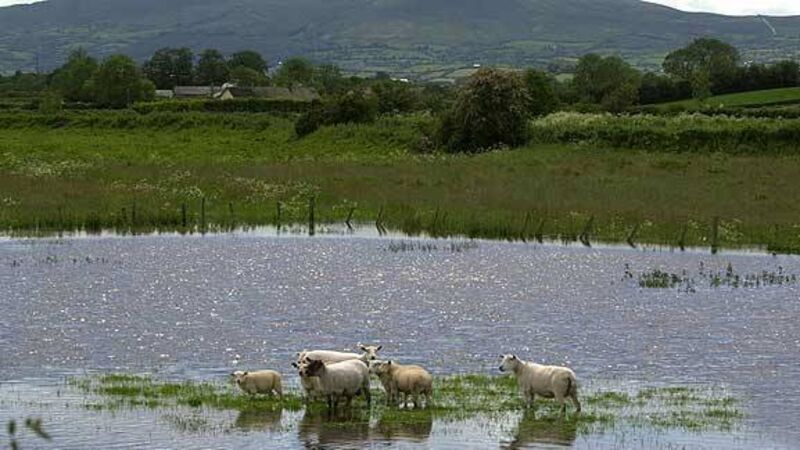Warning on climate change

Such are the proverbs which help farmers through their working days, especially in recent weeks, when storms seemed to alternate with summer conditions.
Now comes a warning that Ireland’s agriculture sector will face losses of up to €2bn per annum if climate change is allowed to continue unchecked.










